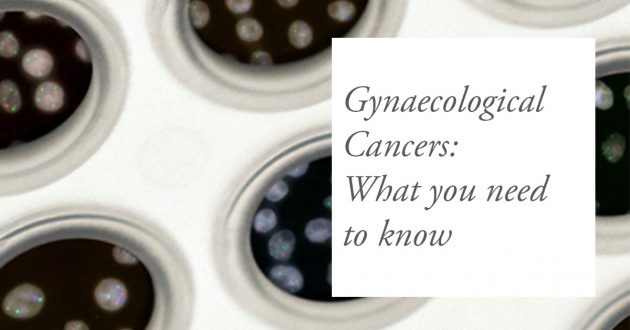

Genital warts: causes, treatment options & how to reduce your risk
Genital warts is one of the most common STI in the UK in men and women however with HPV vaccination, the incidence is rapidly declining. Miss Julie Bowring MRCOG MFSRH, our consultant gynaecologist reveals more about genital warts from what causes them to how they’re treated and how to reduce your risk…
What causes genital warts?
Genital warts are caused by low risk subtypes of Human Papilloma Virus (HPV). This is a very common sexually transmitted virus that can affect the lower genital area in men and women. The virus can be passed on easily by having vaginal or anal sex, but also from close skin-to-skin contact with someone who already has HPV.
There are several different strains of HPV, some strains cause a person to develop lumps on the genital skin or inside the vagina or anus, these are known as genital warts or condylomas. The commonest strains linked to genital warts are 6 and 11.
It is important to note that HPV strains causing warts are low risk strains and do not cause cancer.
How are genital warts treated?
There are treatments that can be offered to help warts go away. Treatments currently offered include creams that you can apply yourself, freezing (cryotherapy) often performed by a nurse or doctor using liquid nitrogen. If the warts are very large or persistent, laser surgery might be performed to remove them. Often, treatment is not needed and the warts will disappear spontaneously through your own immunity.
How can I reduce my risk?
Whilst condoms are advised for preventing sexually transmitted infections, they won’t always stop HPV passing from person to person as close skin contact is all that’s needed to spread HPV. The (HPV) vaccine GARDASIL-9, protects against HPV subtypes 6&11 and thus reduces the risk of getting genital warts by 90%.
Talking about genital warts can be difficult and many people worry about passing it on to their partners. Having a sexual health check for both partners is advisable before starting a new relationship.
If you think you may have genital warts, please speak with your local sexual health clinic or gynaecologist.
Make an appointment
If you would like to book a consultation with Miss Julie Bowring or any other member of the London Gynaecology team, please call 0207 10 11 700 or email [email protected]



